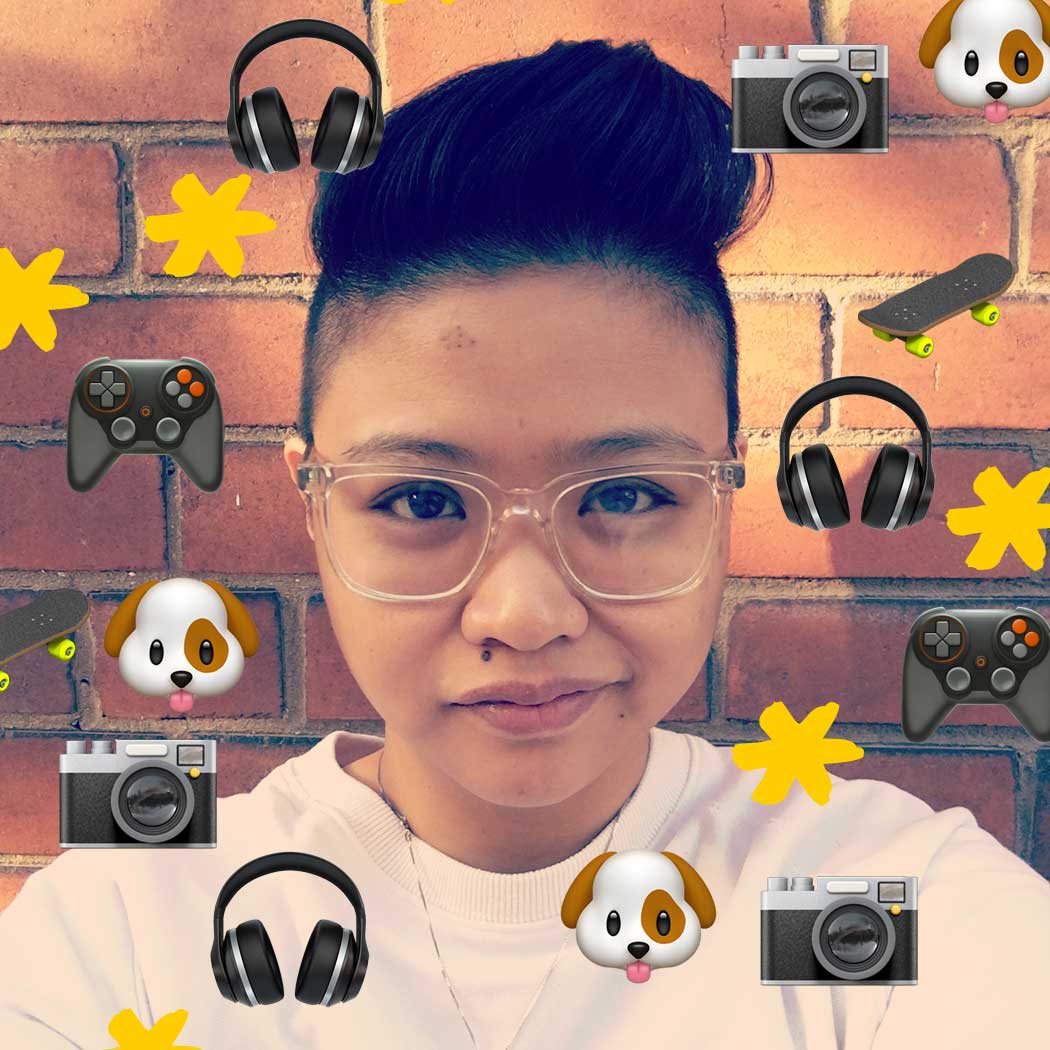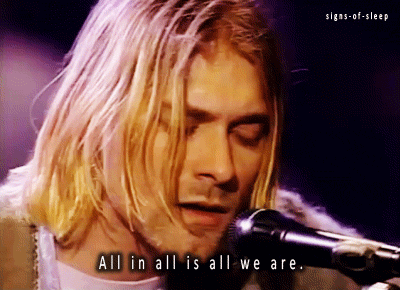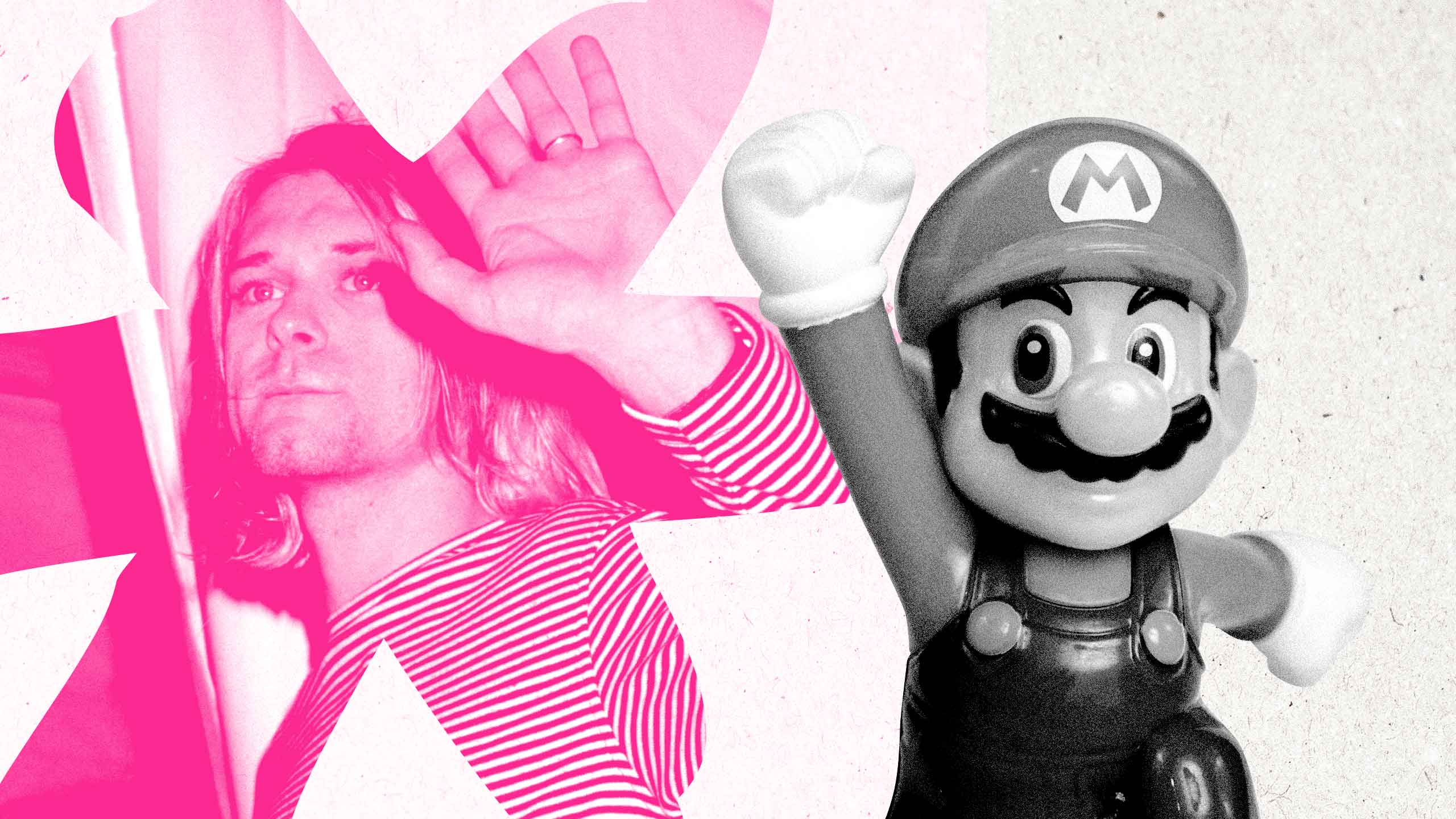Mabuhay, lovelies! I’m Chelle Turingan, the managing producer of video at Xtra, resident Xennial staffer and first-time newsletter writer. Here’s me in a nutshell: I’m a queer non-binary child of the Filipinx diaspora, I relish the ’90s pop culture of my youth and I love playing video games and making music. Oh yeah, and I’ve battled anxiety and depression my entire life 😬. Even under the best circumstances, life can feel heavy and hard AF—after a year like 2020, it has sometimes felt damn near impossible.

But 11 months in, we’ve managed to find ways to navigate a global pandemic, political unrest and the continued fight for racial justice together. For that, I am grateful. Now, let’s dive into the newsletter! Don’t forget to subscribe to Xtra Weekly to get the full newsletter experience—this “Topline” is just a sample.
What’s the buzz🐝
This week, the Xtra video department released Virtual Queer Spaces, a 27-minute documentary that explores how LGBTQ2S+ folks across the globe have found different ways to stay connected to their queer communities during the COVID-19 pandemic. Even before any of us knew what a coronavirus was, queer people were lamenting the loss of so many of our communities’ physical spaces. We started researching this project almost immediately after stay-at-home orders began, when our producers noticed that community organizers were starting to pivot from throwing parties at their local queer bars to hosting online events.
“Gathering together—it’s still political. It’s still a political act to do that,” says Tianna Henry of Toronto’s Glad Day Bookshop.
The change had some unexpected advantages as well. People who might not have had physical access to these events before were suddenly able to attend online from the comfort and safety of their own homes. Anyone could check out a queer party happening in a completely different timezone across the pond. Queer parents could tuck their kids in for the night and then hop online to hang out with their communities.
“We’re always resilient and figuring out ways to find joy in every situation,” says Ryann Holmes, whose group bklyn boihood has been doing online parties and, when they’re allowed, distanced outdoor activities.
I’ve always felt that LGBTQ2S+ people are inherently resilient, and celebrating our collective joy is one of our greatest powers. It keeps our souls fueled so that we can keep fighting the bigger, harder fights. I’m so proud and pleased to finally share these stories with our audiences.
What were we thinking🎸
One of the last times I was out for a huge social gathering before the pandemic was Friday, Dec. 13, 2019. As the clock approached midnight, my former bandmates and I entered the stage at The Garrison in downtown Toronto to perform our very last set as the band Hervana. We had been playing shows for five years, so I’m no stranger to performing. But this was a very special gig for me: My birthday is in December, and our winter shows often doubled as my birthday party. Family and friends and colleagues, both old and new, came from all over the city and the surrounding suburbs—some seeing us perform for the first (and last) time. I watched sweaty concert go-ers moshing while I played Nirvana covers on my “Kurt Cobain-vintage-accurate” Fender Mustang. And once the show was done, we all shared birthday treats, fancy drinks and tight hugs. Oh, so many hugs!
Three months later to the day, like so many of us across the world, I was asked to start working from home and self-isolate for the greater good. As I mentioned, I have experienced clinical depression in some way, shape or form since adolescence. And as any good therapist will tell you, the absolute last thing you should do if you are depressed is to isolate yourself from your support networks and the people that you love who help to keep your mental well-being healthy and stable. I was nervous, but optimistic. The first couple of weeks were easy: Play Animal Crossing and have impromptu dance parties in my apartment.
But it quickly became painfully clear that this “two-week” experiment was going to last MUCH longer than expected. Weeks turned into months, and all those games and playlists were abandoned. While the summer provided some reprieve, socializing while wearing masks and standing six feet apart didn’t feel the same. Having attended Pride for 20 years in cities both large and small, my only wish was to walk in a crowded parade next to my fellow queers. But the weather got colder again and we were all asked to go back inside. After months of utilizing all my best coping tools, my depression was approaching an all too familiar breaking point—a dangerous place for me to be.
Then Christmas happened. And my newly 40-year-old self watched as three generations of Turingans laughed hysterically on a two-hour video call, flush in the face from group activities for young and old alike. I spent the rest of the holiday break remembering all the times during the pandemic that I took advantage of video conferencing—with my therapist to process particularly rough and lonely days, with my childhood besties to crack jokes and spill tea or with my team to continue producing engaging video content during a time when filming is still a challenge. As we entered the new year, my partner and I organized online gaming nights with our friends: We’d gather on Google Meet while we played Mario Kart on our TVs so we could (smack) talk while we sped down Rainbow Road.
I lost every single one of those races, but what I gained from those connections was invaluable. Maybe online video calls are commonplace now, but that wasn’t the case not that long ago. The fact that we can all stay connected with each other during this strange and unprecedented time in human history using this amazing, nearly universally-accessible technology that allows us to see and hear each other in real time is a remarkable gift. It’s a gift that did not exist when I was a closeted queer teenager in the ’90s, searching for my tribe. It’s a gift that, I dare say, has been a literal lifesaver.
Other Xtra News
👉As part of our commitment to help foster community connections in these trying times, we’ve launched a new regular series called “Creating Community,” highlighting the ingenious ways queer and trans folk are connecting with each other. First up: A bisexual writer in Ottawa fights isolationone focaccia recipe at a time.
👉First-time Xtra writer Precious Fondren looks back at the impact of Frank Ocean’s mixtape Nostalgia, Ultra.
👉In our newest episode of Speed Date, Tynomi Banks, one of Canada’s most beloved drag stars, talks with Xtra about drag and being a fierce Black queen.
👉Want more headlines? Subscribe to Xtra Weekly.
Gibox
Light and love, y’all 🔥❤️



 Why you can trust Xtra
Why you can trust Xtra


